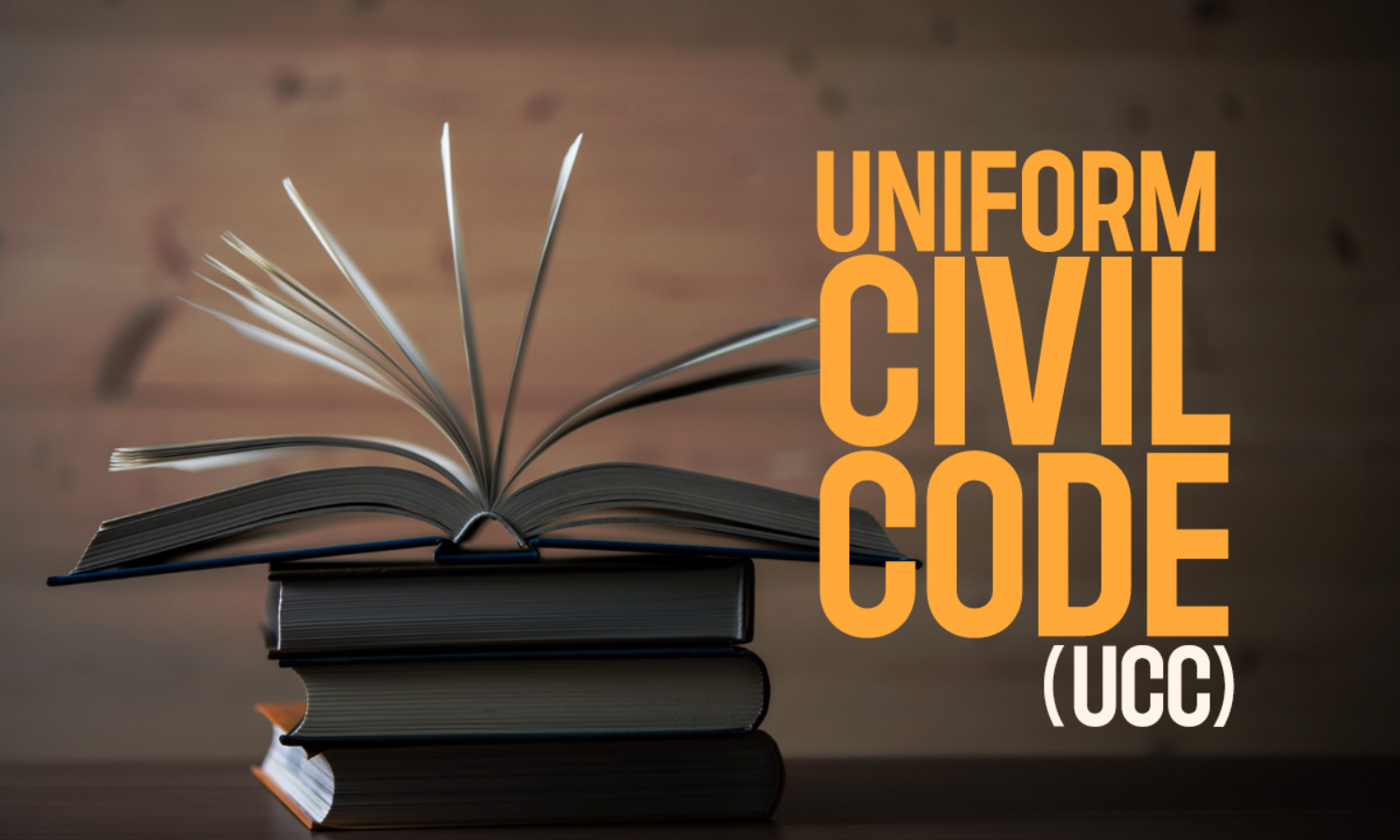News: Uttarakhand tables Uniform Civil Code Bill amid Opposition protest
Q1. A secular country like India needs a common law throughout the country in place of different religious laws. Elucidate.
In India, personal laws governing various aspects of life are deeply rooted in religious texts and customs, resulting in distinct civil codes for different religious communities.
A Uniform Civil Code is conceptualised as a set of laws that govern personal matters, including marriage, divorce, adoption, inheritance, and succession, for all citizens regardless of religion. The UCC aims to replace the existing diverse personal laws that vary based on religious affiliations.
Constitutional Provision:
The Constitution of India, under Article 44, enshrines the Directive Principle that the state shall endeavour to secure a Uniform Civil Code for its citizens. Yet, the decision to enact a UCC is left to the discretion of the government, recognizing the intricate nature of the issue.
Hindu Personal Law:
Governed by acts like the Hindu Marriage Act, 1955, and the Hindu Succession Act, 1956, Hindu personal laws derive from ancient religious texts and customs. These laws ensure equal inheritance rights for Hindu women, a significant step towards gender equality.
Muslim Personal Law:
Muslims in India follow the Muslim Personal Law, based on Shariah principles. The Muslim Personal Law (Shariat) Application Act, 1937, regulates matters such as marriage, divorce, inheritance, and maintenance among Muslims.
Other Communities:
Christians, Parsis, and Jews are governed by the Indian Succession Act of 1925, each with its own provisions concerning marriage, inheritance, and related matters.
Need for UCC:
National Integration: UCC will grant equal set of personal laws to all, resulting in the end of politicization of issues of the discrimination or concessions
Beyond the patriarchal mind-set: The codification and implementation of the Uniform Civil Code will destroy the sanctity of the patriarchal orthodox which existing in some personal laws.
Easy process for timely judgement: There exist many personal laws, including Hindu Code, Sharia Law, etc. The presence of so many laws leads to confusion, complexity, and inconsistencies in the adjudication of personal matters, sometimes resulting in delayed or incomplete justice.
Judgements supporting for the need of UCC:
- Shah Bano Case 1985
- Sarla Mudgal case 1995
- Paulo Coutinho vs Maria Luiza Valentina Pereira (2019)
● The enactment of Uniform Civil Code will help in utilising the vulnerable sections’ full potential towards nation building.
● The Uniform Civil Code will promote gender equality and will bring both men and women at par.
● UCC will help the judiciary deliver justice efficiently and within a reasonable timeframe.
● Recently, 22nd Law Commission of India has chosen to seek the opinions and suggestions of the general public as well as recognised religious organizations regarding the UCC.
Arguments against UCC:
● Law Commission of India in 2018 stated that UCC is neither necessary nor desirable at this stage, as it would be counter-productive for the harmony of the nation.
● It also suggested that reforms in personal laws should be done by amendments and not by replacement.
● Articles 25 to 28 of Indian Constitution provide the Right to Freedom of religion.
● The Naga Community has claimed that the implementation of UCC would bring about clear trouble for their culture and dignity.
Whether a single law is framed for all religions or reforms are made to our personal laws, they should be based on gender justice and ensure that the principle of equality enshrined in our Constitution remains intact. Uniform Civil Society that respects human rights and promotes gender equality, that holds more importance than a Uniform Civil Code.

